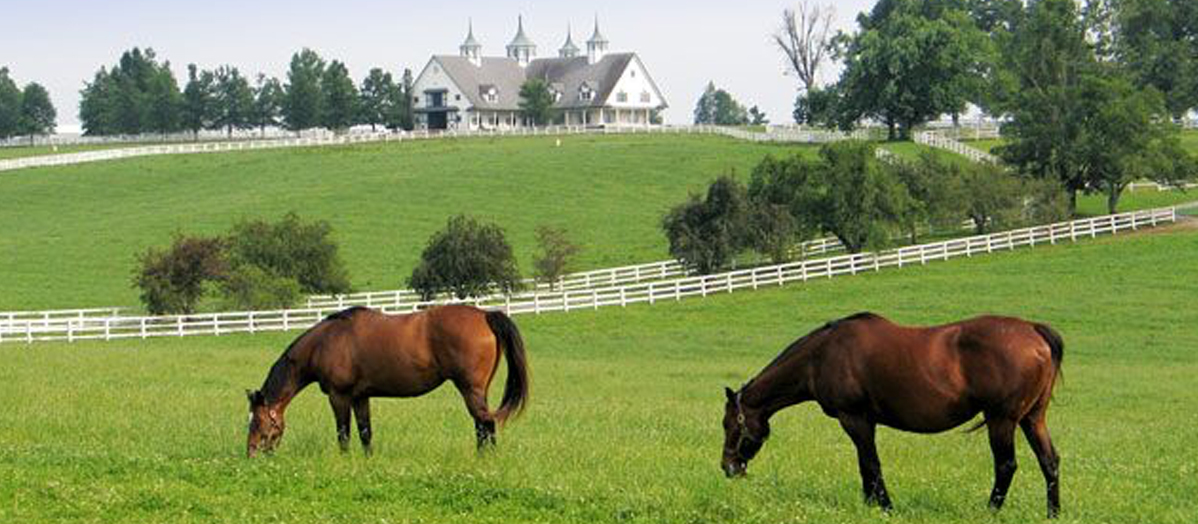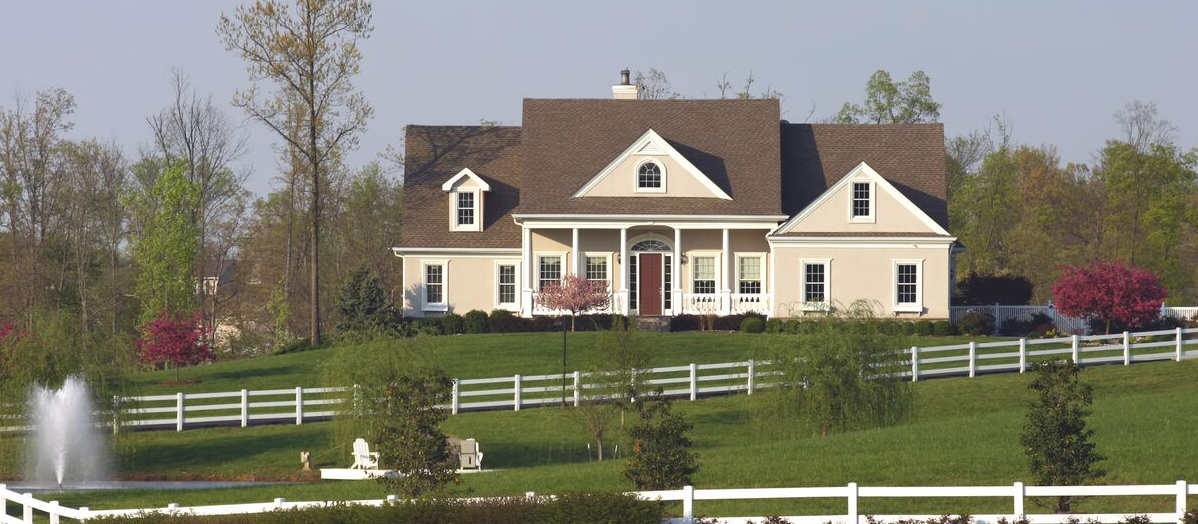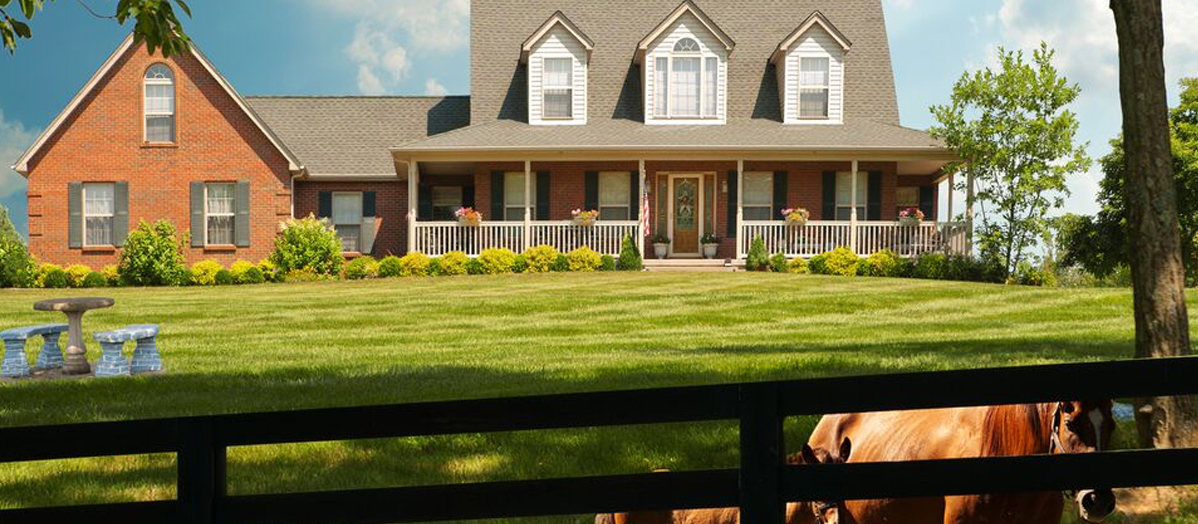365 Days in Horse Country - Pasture Care
April 26th, 2013
365 Days in Horse Country –
Pasture Care
If you are one of those lucky horse owners who has pasture
for your equine charges, make sure you take good care of it. You can do this by carefully managing the
pasture in a way that will provide your horse with the nutrition they need
while also preserving the land.
To help maintain a healthy pasture, keep the following in mind:
Rotation – ...







